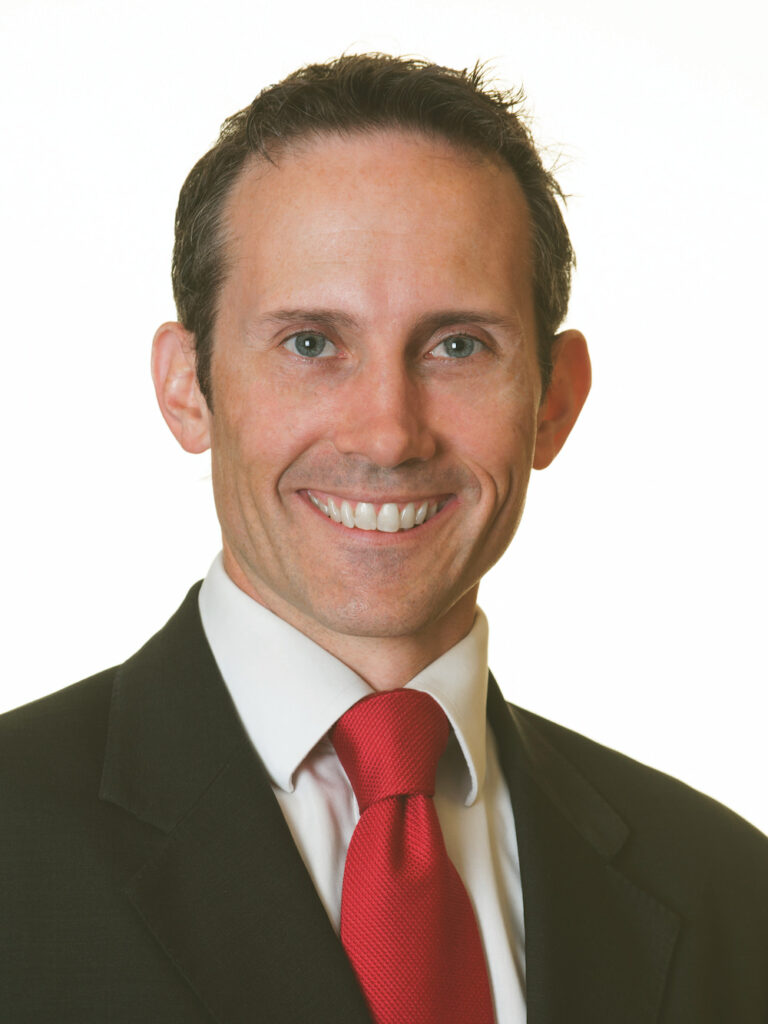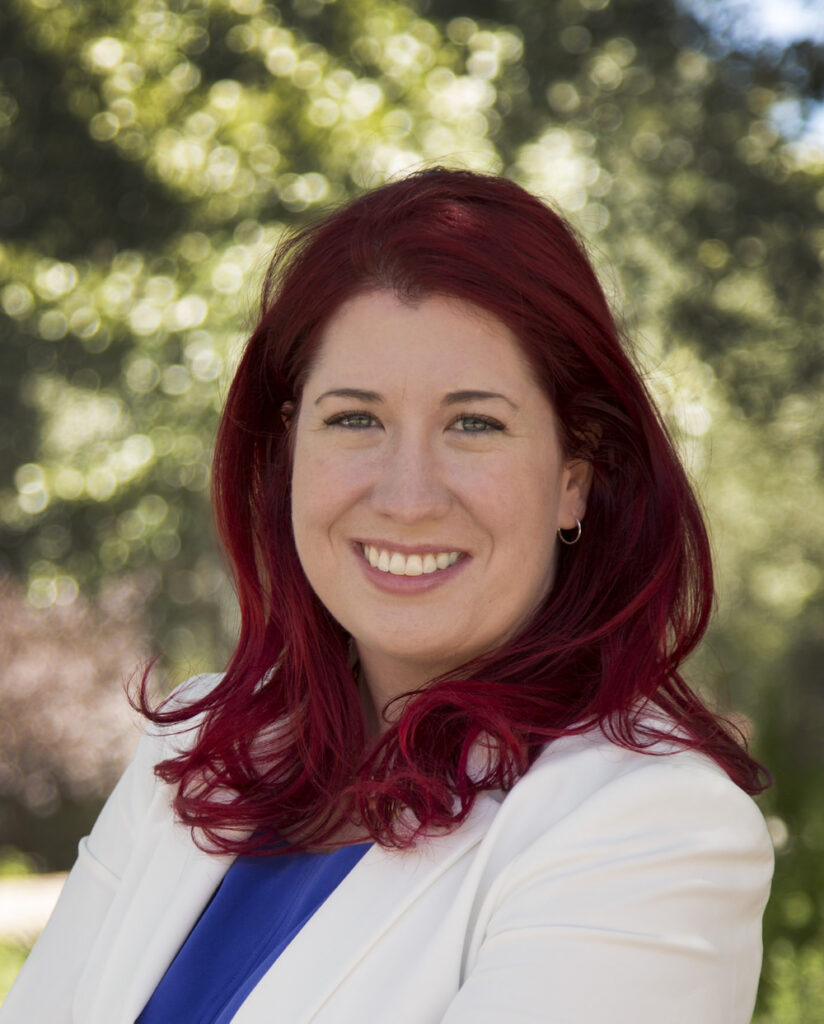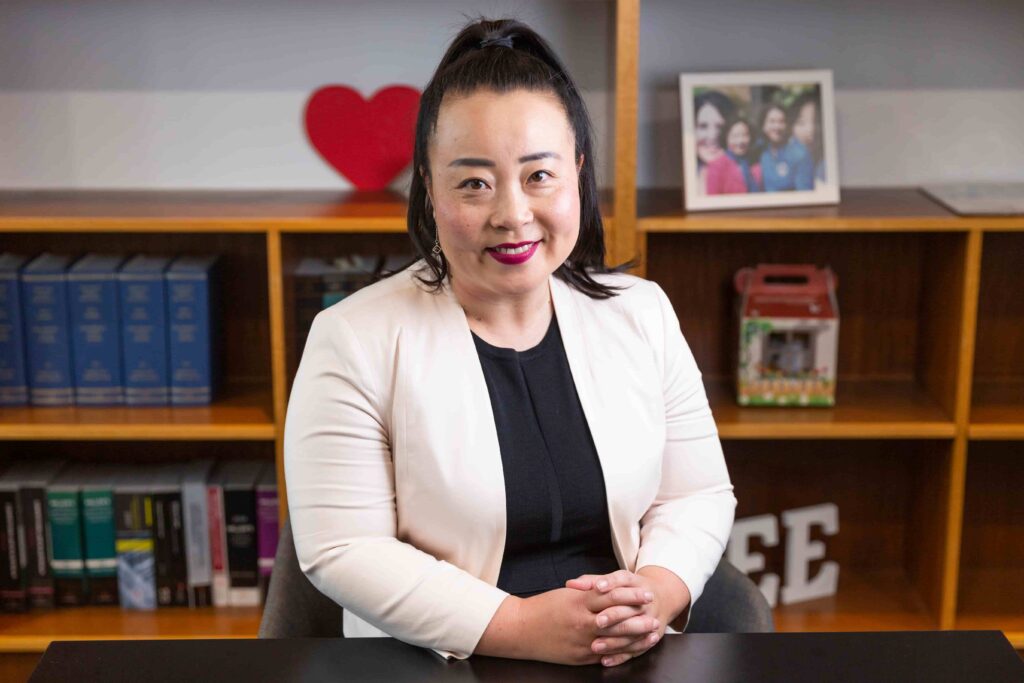The Tasmanian parliament is on the verge of legalising euthanasia (voluntary assisted dying), joining Victoria and Western Australia. NSW and South Australia voted not to legalise euthanasia, and Queensland is debating euthanasia. But the ACT and the Northern Territory have been barred from voting on voluntary assisted dying for 25 years.
Labor MP Dr Andrew Leigh will move at the next sitting that the Territories should be able to legislate on euthanasia, while Tara Cheyne, ACT Minister for Human Rights, and NT Attorney-General Selena Uibo have written to Federal politicians, presenting it as an issue of self-determination and justice.

The Euthanasia Laws Act 1997 (the so-called Andrews Bill, named after Victorian Liberal backbencher Kevin Andrews MP) prevents the ACT, the Northern Territory, and Norfolk Island from passing laws permitting euthanasia. The Northern Territory had legalised euthanasia in 1995, by the Rights of the Terminally Ill Act 1995. The 1997 Act amends the ACT (Self-Government) Act 1988 and the NT (Self-Government) Act 1978, repealing the NT euthanasia act.
Dr Leigh will move to amend these laws, restoring the right of Territories to determine their own laws on euthanasia.
Mr Andrews was concerned euthanasia could lead to vulnerable people being murdered. Dr Leigh noted that at the time, no other state or territory legislature had debated euthanasia, and the Howard Government considered the jurisdiction to be moving ahead of the broader public mood.
Today, in contrast, all state legislatures have debated voluntary assisted dying.
“The anachronistic Andrews Bill means that a quarter of a century since it was passed, 700,000 Australians who live in the NT or the ACT are still unable to participate in a democratic process to resolve community approaches to euthanasia,” Dr Leigh said in his Notice of Motion.
Appealing the Bill, he argued, would return to the Territories legal powers held by other Australian jurisdictions. It would not direct that either Territory should legislate on euthanasia, but merely allow them to do so if appropriate.

Ms Cheyne and Ms Uibo believed there was “stark inequity” between States and Territories regarding voluntary assisted dying, and that the persistence of this situation was inconsistent with Australia’s international human rights obligations.
“It is untenable and indefensible,” Ms Cheyne said.
The International Covenant on Civil and Political Rights, to which Australia is a party, guarantees citizens the right to take part in the conduct of public affairs, directly or through freely chosen representatives. Ms Cheyne and Ms Uibo argued that by prohibiting Territory citizens from deciding for themselves—through their elected representatives – whether to legislate on voluntary assisted dying, the Federal Government may be limiting this human right.
Further, Ms Cheyne and Ms Uibo believed, individuals are entitled to enjoy their human rights without distinction or discrimination of any kind – yet ACT and NT citizens were denied their right to participate based on being residents of a Territory.
“It is hard to fathom – and embarrassing – that the Federal Government allows a situation to persist which limits some residents’ human rights in our own country,” Ms Cheyne said.
“This is a simple legislative change for the Federal Government to propose and enact which would cost nothing. But it would mean so much to ACT and NT residents – and right a wrong that has persisted for decades.”
Elizabeth Lee, leader of the Canberra Liberals, said her party supported the ACT Legislative Assembly being given the power to legislate on this issue, but would continue to treat euthanasia as a conscience issue.
“I have long advocated for the Commonwealth to repeal the Andrews Bill, and the Canberra Liberals support the ACT having the same rights as other jurisdictions to debate and legislate on this issue,” Ms Lee said.
“The ACT Legislative Assembly is democratically elected by the people of Canberra that should have the right to legislate on this matter on behalf of Canberrans; just as we have the right to legislate on a whole host of other matters dealt with by State and local governments across Australia.”

There have been several attempts to repeal the Andrews Bill, most recently Senator David Leyonhjelm (Liberal Democratic Party)’s Restoring Territory Rights (Assisted Suicide Legislation) Bill 2015.
Senator David Smith (Labor) supported the bill, but Senator Zed Seselja (Liberals) voted against debate on the bill.
Although Mr Seselja’s office did not respond to Canberra Daily’s query, he has stated he opposed the vote on human rights grounds, saying he was gravely concerned that the government could allow life to be taken.
Dr Leigh stated that the Coalition had blocked debate on Private Members Bills to restore Territory rights, and that although Senators have debated and voted on related legislation, Members of the House of Representatives have been prevented from expressing their views on euthanasia.
Ms Lee said she had raised the matter of ACT self-determination with the Prime Minister. She noted that when the Senate last considered this matter, seven Labor Senators opposed repealing the Andrews Bill.
“Mr Barr and Labor need to do their part in lobbying the seven Labor Senators who voted against this just two years ago,” Ms Lee said.
For more news:
- Naval commander recognised for excellence in women’s leadership
- Fatal flaw in parasite’s armour could be used to treat malaria
- RAAF centenary celebrations take flight on the face of a coin
- Pfizer and AstraZeneca to share Garran Vaccination Hub
- A Peach of a job? New position for Corrective Services Commissioner



